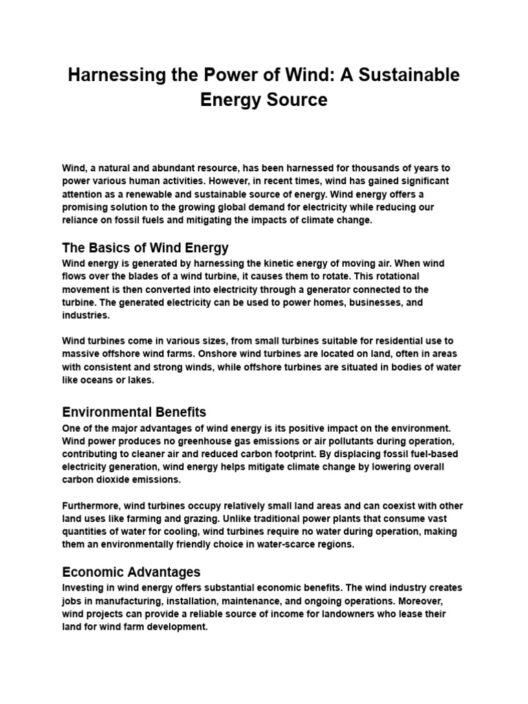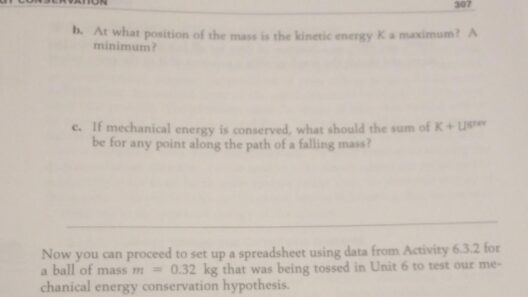From the dawn of civilization, humans have sought to understand the universe through observation and experimentation. Among the many laws that govern our physical world, the law of conservation of energy stands out as a foundational principle in the fields of physics and engineering. Its resonance permeates through various disciplines, from thermodynamics to environmental science. As we delve into the origins of this pivotal concept, it is vital to recognize the remarkable minds that shaped our understanding of energy conservation.
The genesis of the law of conservation of energy can be traced back to the work of influential scientists of the 19th century, whose collective inquiries laid the groundwork for this integral principle. In this exploration, we will not only celebrate these pioneers but also unpack their discoveries and how their work continues to impact modern science.
The early ideas surrounding energy conservation can be found as far back as the ancient Greeks, but the formal articulation emerged much later. The 19th century heralded breakthroughs that would crystallize the concept into its current form.
The first pivotal figure in this narrative is Julius Robert von Mayer, a German physician who is often credited with the formal discovery of the principle of energy conservation. In the 1840s, Mayer proposed that energy cannot be created or destroyed, but can merely change forms. His formulation led to the concept known as the first law of thermodynamics, which quantifies energy transformations. Mayer’s insights came at a time when the utilization of heat energy was becoming increasingly relevant, especially in the burgeoning industrial landscape of Europe.
Simultaneously, across the English Channel, James Prescott Joule contributed enormously to the establishment of this principle. His meticulous experimentation demonstrated the interconvertibility of mechanical work and heat energy. A memorable experiment involved the falling of weights, which turned a paddle submerged in water, thereby raising the temperature of the water. Joule’s work quantitatively showcased that energy is conserved across different states, thus further solidifying the law in scientific literature. His dedication to precision and experimentation set a standard for future scientists.
Another crucial contributor was Hermann von Helmholtz, a German physicist and physician, who further developed the idea of energy conservation in the context of biological systems. His views illustrated that organisms do not create energy, but instead transform it, aligning biological processes with the laws of physics. Helmholtz’s thoughts extended the concept of energy conservation beyond machinery and thermodynamics, emphasizing its applicability in understanding life itself.
The law of conservation of energy subsequently paved the way for various developments across myriad domains such as mechanics, chemistry, and even biology. Within each field, the implications of energy conservation have sparked expansive research and technological advancements. In the domain of environmental science, for instance, understanding energy conservation is pivotal in evaluating sustainability practices, renewable energy technologies, and ecological impacts.
Moreover, the famous Einstein’s theory of relativity introduced an even more profound perspective on energy conservation by equating mass and energy through the iconic equation E=mc². This equation indicated that mass itself is a form of energy, enlarging the scope of the law and its implications in nuclear physics and cosmology. Einstein’s work reshaped not only the context of energy conservation but also our understanding of the universe itself.
Moving forward in history, the late 20th and early 21st centuries saw an increase in awareness regarding the importance of energy conservation in the context of global climate change. Scientists, engineers, and policymakers now recognize how conserving energy can mitigate environmental degradation. Energy conservation strategies—ranging from optimizing industrial processes to residential energy efficiency—are crucial elements in combating climate change.
In essence, the law of conservation of energy is not merely an academic concept; it is a pivotal framework that informs our understanding of natural and anthropogenic processes. It provides a basis for discussions on sustainability, responsible resource management, and the evolution of technology.
Yet, one must not overlook the responsibility that comes with this knowledge. The awareness generated by these scientific revelations has led to a collective movement advocating for energy efficiency and sustainable practices. As individuals, communities, and nations strive for progress, they must remain vigilant stewards of the energy resources that sustain life.
In conclusion, the law of conservation of energy reflects the culmination of efforts by various pioneering scientists, each contributing to a deeper understanding of our physical world. Their fascination with energy—an intrinsic aspect of existence—has not only contributed to scientific knowledge but continues to resonate through pressing contemporary issues. By honoring the legacy of these scientists, society can aspire to innovate responsibly and sustainably, ensuring that the energy we harness serves both humanity and the environment harmoniously.






